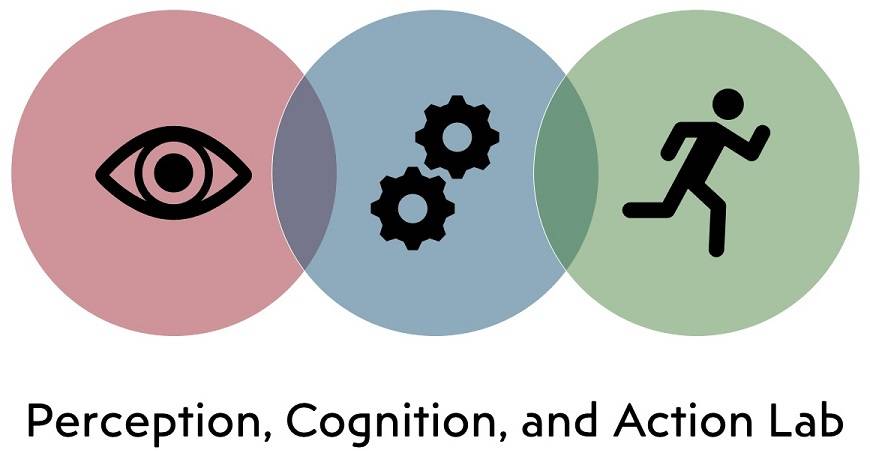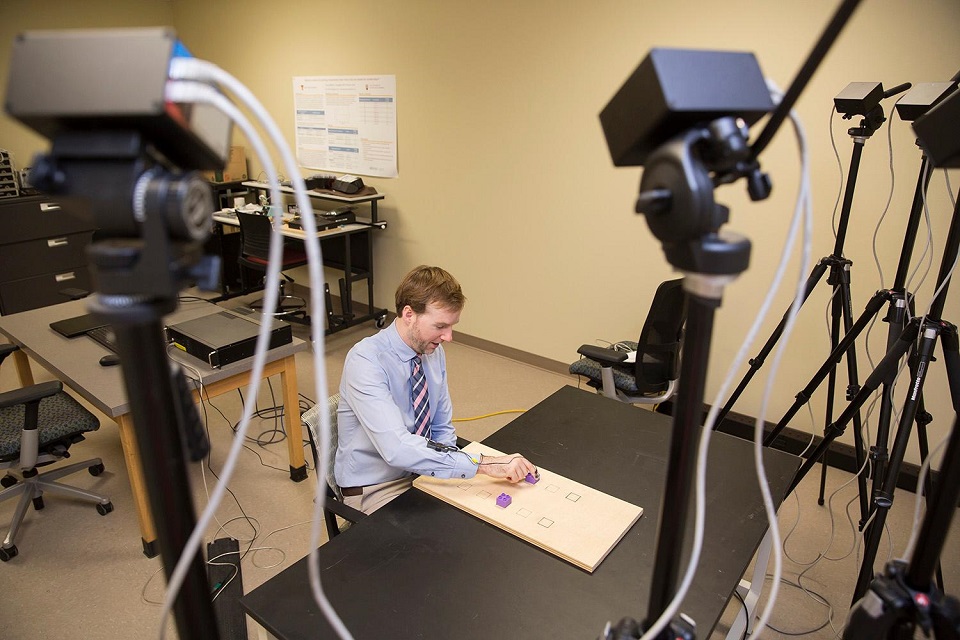Jarrod Blinch, Ph.D
Director: Dr. Jarrod Blinch
Location: Kinesiology & Sport Management, room 101
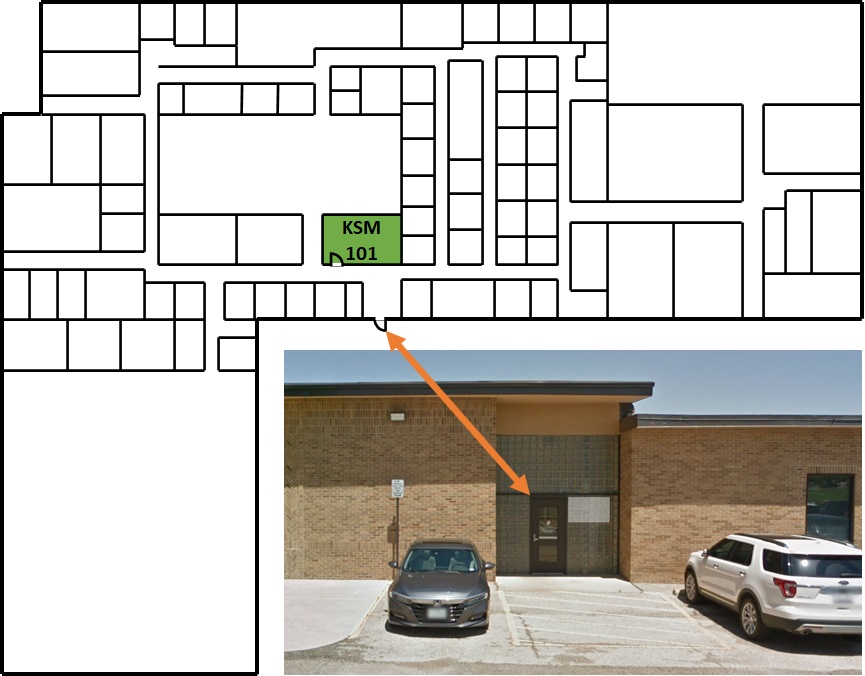
Lab Overview
The perception, cognition, and action lab studies human movement from cognitive psychology and neuroscience perspectives. Our research seeks to understand how the neuromuscular system accomplishes coordinated movements. Motor control requires an understanding of perception, information processing/dynamical systems, neuroanatomy, and biomechanics. It is a diverse field with researchers in Engineering, Kinesiology, Psychology, and Neuroscience departments. Understand how we make movements could help people with movement disorders. Examples of the applications of motor control to movement disorders include autism spectrum disorder, Parkinson's disease, and stroke.
Current Research Themes
- Bimanual coordination
- Methodology of reaction time and trajectory analysis
- Spatial abilities
- Speed-accuracy tradeoffs
Lab Equipment
The principle equipment in the perception, cognition, and action lab is a motion capture system that allows us to precisely track the intricate movements of the hands and arms. It is a research-grade version of the technology used to capture the movements of actors for video games or films like Thanos and Hulk in the Avengers, the Na'vi in Avatar, the apes in Planet of the Apes, and Gollum in Lord of the Rings.
Recent Findings
Blinch, J., & Cousineau, D. (2024) Response time distribution analysis of medium-sized datasets in MATLAB, The Quantitative Methods for Psychology, 20(2), 106-120. https://doi.org/10.20982/tqmp.20.2.p106
Blinch, J., Trovinger, C., DeWinne, C. R., de Cellio Martins, G., Ifediora, C. N., Nourollahimoghadam, M., Harry, J. R., & Palmer, T. B. (2024). Tradeoffs of estimating reaction time with absolute and relative thresholds. Behavior Research Methods, 56(5), 4695-4715. https://doi.org/10.3758/s13428-023-02211-4
Opdenaker, J., Blinch, J., & Scolari, M. (2024). Post-error adjustments occur in both reaching and grasping. Experimental Brain Research, 242(6), 1495–1505. https://doi.org/10.1007/s00221-024-06836-5
Blinch, J., Harry, J. R., Hart, M. A., & Cousineau, D. (2022). Examining the mechanisms of internal and external focus of attention with Donders’ subtractive method. Motor Control, 26(3), 378-395. https://doi.org/10.1123/mc.2021-0100
Blinch, J., Holmes, J., Cameron, B. D., & Chua, R. (2021). Investigating information processing of the bimanual asymmetric cost with the response priming technique. Journal of Experimental Psychology: Human Perception and Performance, 47(5), 673. https://doi.org/10.1037/xhp0000910
Fall 2024 Team
|
Joe Opdenaker PhD Student from Psychology |
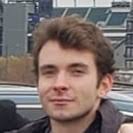 |
|
Harini Joshi MSc Student |
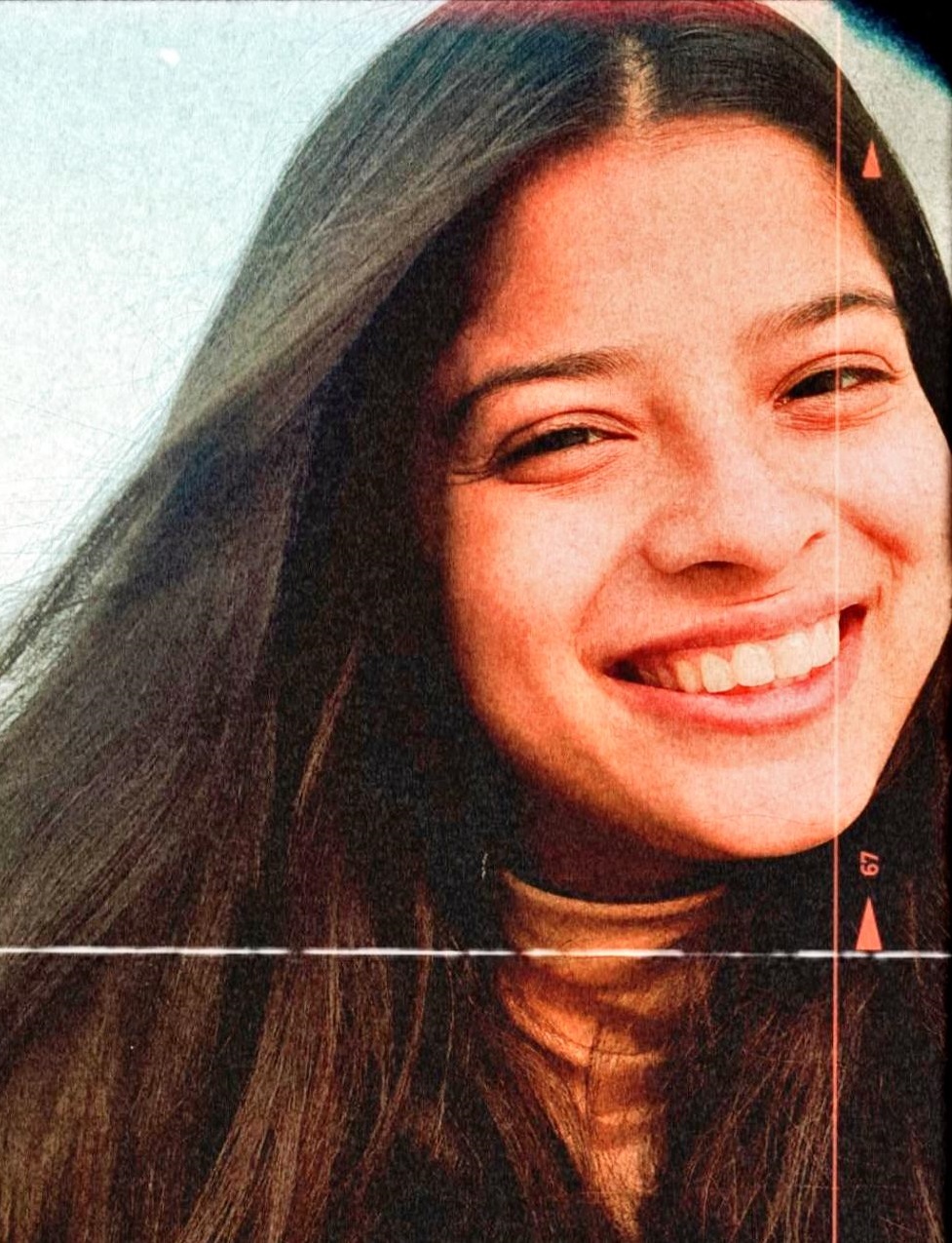 |
|
Allison Clark Undergrad |
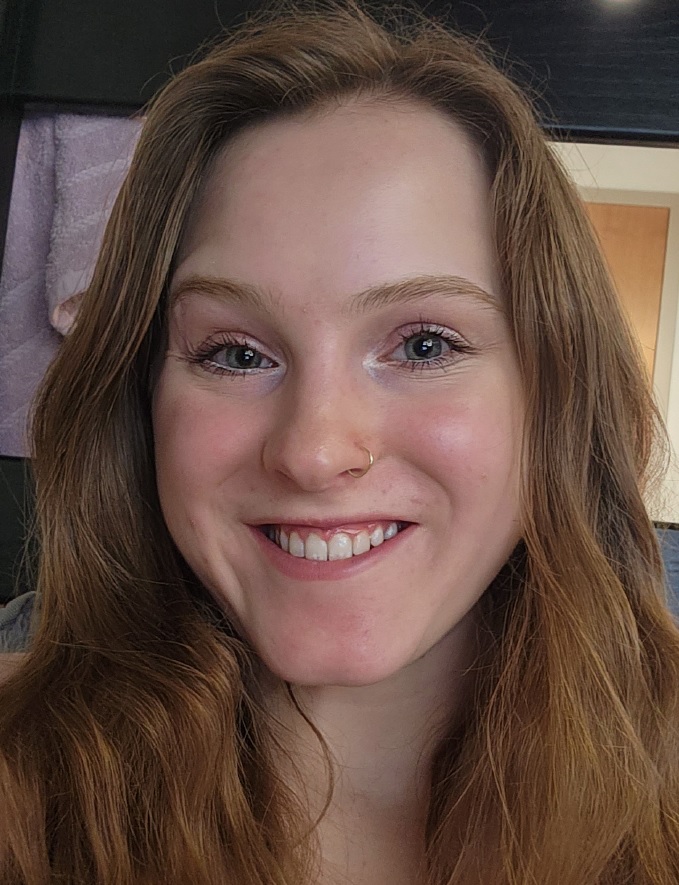 |
|
Catherine Gooch Undergrad |
 |
|
Anna Kinslow Undergrad |
 |
Department of Kinesiology & Sport Management
-
Address
Box 43011, Texas Tech University, 2500 Broadway, Lubbock, TX 79409 -
Phone
806.742.3371

